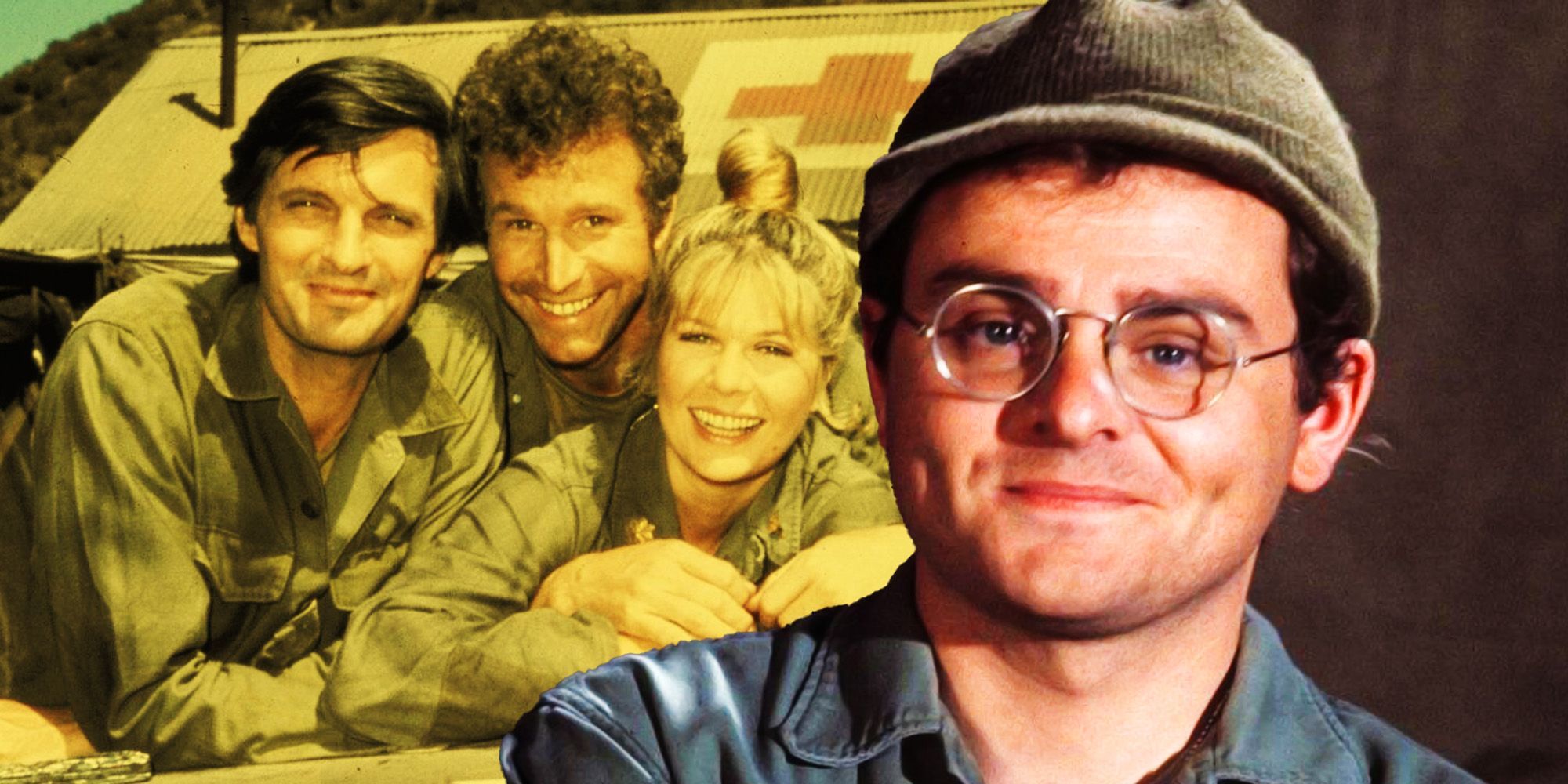MASH, the iconic television series that redefined the sitcom genre, has long captivated audiences since its debut in 1972. However, behind the laughter and poignant storytelling lies a tumultuous history marked by the departures of several beloved actors. The reasons for their exits are as complex as the characters they portrayed, revealing a blend of personal ambition, creative differences, and emotional tolls that shaped the show’s legacy.
 The first major shock came with McLean Stevenson, who played Lieutenant Colonel Henry Blake. His unexpected departure at the end of Season Three left fans reeling when his character was killed off in a groundbreaking episode titled “Abyssinia, Henry.” Stevenson, feeling sidelined as the show increasingly focused on Alan Alda’s Hawkeye Pierce, sought greater prominence and ultimately decided to leave. His exit transformed MASH, reminding viewers of the harsh realities of war and setting a precedent for character deaths in sitcoms.
The first major shock came with McLean Stevenson, who played Lieutenant Colonel Henry Blake. His unexpected departure at the end of Season Three left fans reeling when his character was killed off in a groundbreaking episode titled “Abyssinia, Henry.” Stevenson, feeling sidelined as the show increasingly focused on Alan Alda’s Hawkeye Pierce, sought greater prominence and ultimately decided to leave. His exit transformed MASH, reminding viewers of the harsh realities of war and setting a precedent for character deaths in sitcoms.
Wayne Rogers, who portrayed Trapper John McIntyre, opted for a quieter departure, leaving after Season Three without a proper farewell. His exit stemmed from dissatisfaction with the show’s shift toward Hawkeye’s character, which left him feeling marginalized. The abruptness of his departure left fans bewildered, as the show scrambled to explain his absence in the Season Four premiere.

Gary Burghoff, known for his role as Radar O’Reilly, faced a different struggle. Despite being the heart of the series, Burghoff battled anxiety and the pressures of fame, leading to his decision to leave after Season Eight. His emotional farewell episode, “Goodbye, Radar,” poignantly captured the essence of loss and growth, resonating deeply with audiences.
Larry Linville, who played the despised Major Frank Burns, exited after Season Five, recognizing that his character had reached its limits. His departure opened the door for richer storytelling, allowing the show to evolve beyond one-dimensional villains.
David Ogden Stiers, who portrayed Charles Emerson Winchester III, remained until the series finale, leaving on a note of poetic closure. His character’s evolution mirrored the show’s growth, embodying the complexities of war and humanity.

Loretta Swit, who played Major Margaret “Hot Lips” Houlihan, stood as a pillar of strength throughout the series, remaining a constant presence while other actors departed. Her character’s transformation from a punchline to a respected leader showcased the show’s depth and the importance of female representation in a male-dominated narrative.
As fans reflect on the legacy of MASH, the departures of these actors serve as a poignant reminder of the personal and professional challenges faced behind the scenes. Their stories not only shaped the series but also highlighted the sacrifices and struggles inherent in the pursuit of creative fulfillment. MASH remains a testament to the resilience of the human spirit, both on and off the screen, as it continues to resonate with audiences today.
